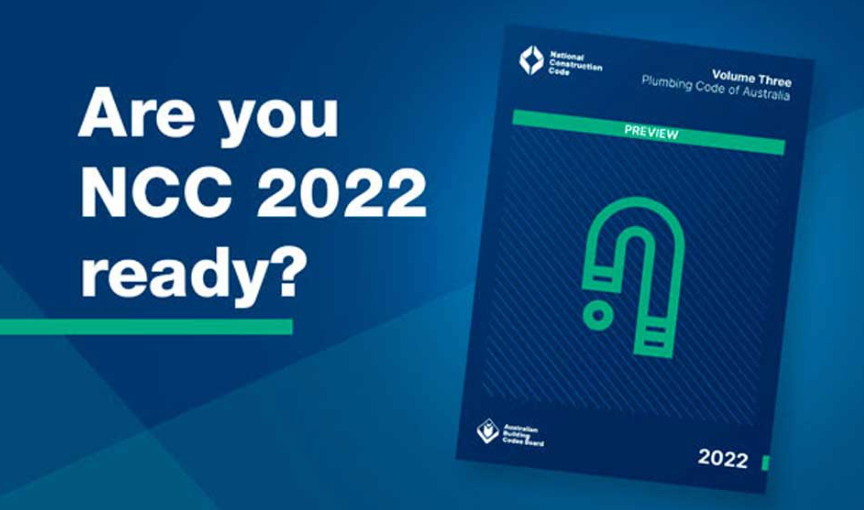
Understanding the New NCC 2022 Energy Efficiency Standards for Insulation
Share
Introduction
The National Construction Code (NCC) 2022 has introduced new energy efficiency standards designed to improve the performance and sustainability of homes in Australia. These changes impact the way insulation is selected and installed, aiming to create more energy-efficient and comfortable living environments. In this blog, we'll explore the key changes in the NCC 2022 energy efficiency standards for insulation and what they mean for homeowners and builders.
Overview of NCC 2022 Changes
The NCC 2022 brings significant updates to energy efficiency requirements for both houses and apartments. These changes are the first major upgrade since 2011 and include more stringent insulation standards and new provisions for overall home energy use. The primary goals are to reduce greenhouse gas emissions, lower energy costs, and enhance comfort in Australian homes.
Key Changes for Houses (Class 1 Buildings)
- Increased R-Values: The new standards require higher R-values for ceiling and wall insulation. This means better thermal resistance and improved energy efficiency.
- Improved Window and Glazing Performance: Homes must now have windows and glazing that meet higher performance criteria to reduce heat loss and gain.
- Thermal Bridging Mitigation: New requirements for treating thermal bridging, especially in steel framing, to prevent heat transfer and improve insulation performance.
- Whole of Home Energy Budget: Introduction of a comprehensive energy budget that includes fixed appliances such as heating, cooling, hot water, and lighting.
- Quantified Performance Requirements: New performance metrics to ensure homes meet the energy efficiency standards comprehensively.
Key Changes for Apartments (Class 2 Buildings)
- 7-Star Average Requirement: New apartments must achieve an average of 7 stars across all units, with no individual unit rated below 6 stars.
- Elemental DTS Provisions: Introduction of detailed technical specifications to ensure compliance with the 7-star requirement.
- Thermal Bridging and Solar Ready Zones: New provisions to address thermal bridging in steel framing and to prepare for future installation of solar panels and electric vehicle charging equipment.
Impact on Insulation Choices
The updated NCC 2022 standards necessitate careful selection of insulation materials to meet the higher R-values and overall energy performance requirements. Here’s how different insulation R-values stack up against the new standards:
Earthwool R7.0 and R8.0 Insulation
- R-Value: 7.0 and 8.0
- Best For: Very cold to extreme climates, passive homes, and projects aiming for top-tier energy efficiency.
- Benefits: These insulation types provide the highest thermal resistance, maximizing energy savings and indoor comfort. They are ideal for meeting the stringent requirements of the NCC 2022.
Earthwool R5.0 and R6.0 Insulation
- R-Value: 5.0 and 6.0
- Best For: Cooler climates and high-performance homes.
- Benefits: These options offer excellent thermal resistance suitable for cold climates, contributing significantly to energy efficiency and comfort.
Earthwool R3.5 and R4.0 Insulation
- R-Value: 3.5 and 4.0
- Best For: Mild to moderate climates, and interior applications.
- Benefits: These insulations are cost-effective and provide good performance for less extreme conditions, suitable for parts of the home where maximum insulation is not critical.
Implementation Timeline and State-Specific Details
The NCC 2022 standards come into effect on different dates across various states and territories, with some regions allowing for extended transition periods. Here's a brief overview:
- Victoria: May 1, 2024
- Western Australia: May 1, 2025
- South Australia: October 1, 2024
- New South Wales: October 1, 2023, with a 9-month transition for pre-existing contracts
- Queensland: May 1, 2024
- Australian Capital Territory: January 15, 2024
- Tasmania: Deferring 7-star performance to 2025
- Northern Territory: Limited changes, maintaining 5-star requirements
Innovative Insulation Solutions
Companies like Knauf Insulation are leading the way with high-performance products like Earthwool R7.0 and R8.0 ceiling batts, designed to meet the new NCC 2022 standards. These products offer exceptional thermal performance, helping to bridge the gap from 6 to 7 stars with advanced TwinTech® technology and high R-values.
Conclusion
The NCC 2022 energy efficiency standards mark a significant step forward in creating more sustainable and comfortable homes in Australia. By understanding and implementing these changes, homeowners and builders can ensure compliance, maximize energy savings, and improve overall home comfort. Investing in high-performance insulation like Earthwool R7.0 and R8.0 is a key strategy to meet these new requirements and achieve long-term benefits.
For more information on the NCC 2022 standards and how to select the right insulation for your home, visit the Earthwool website and consult with an accredited energy assessor.
